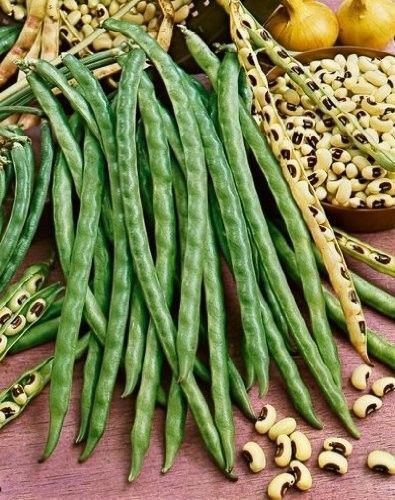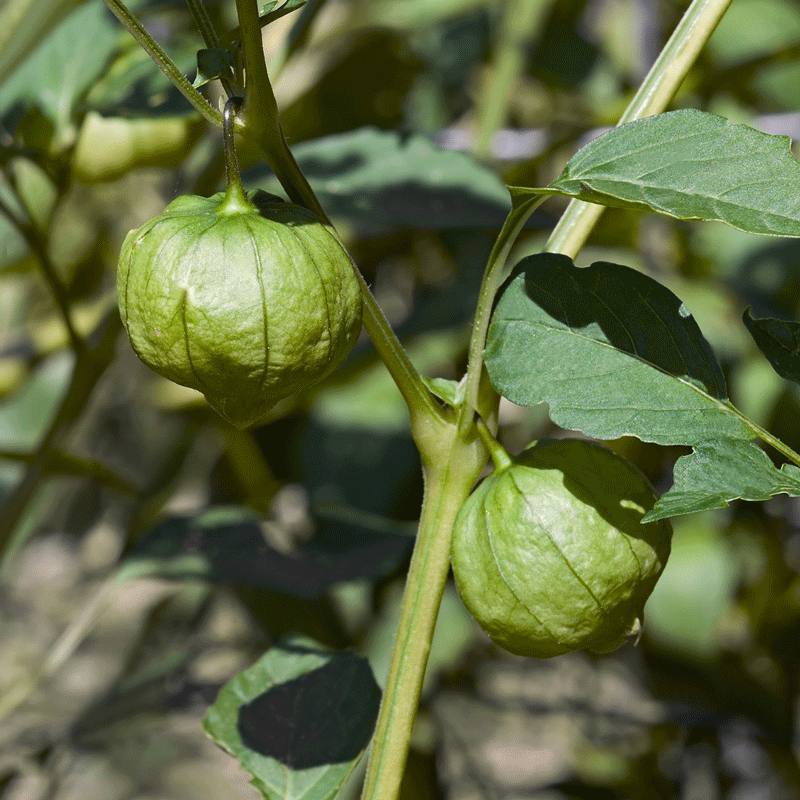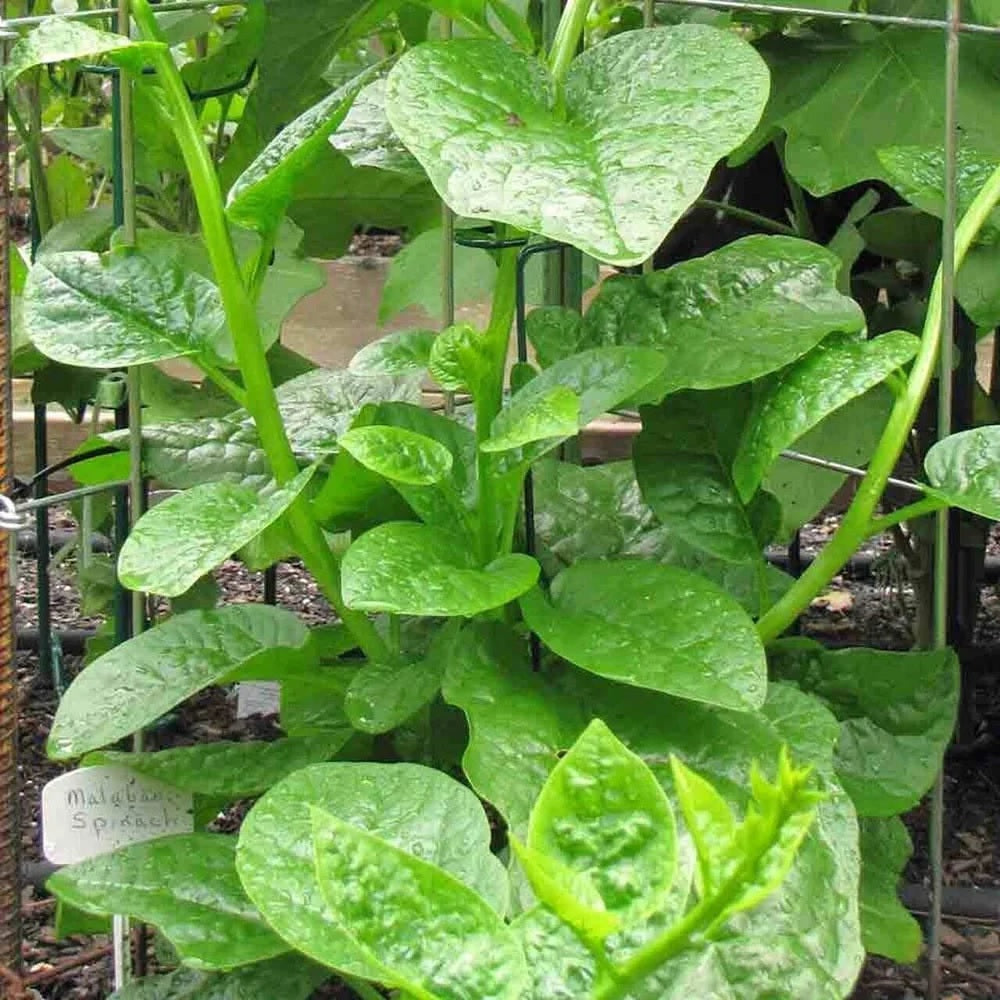
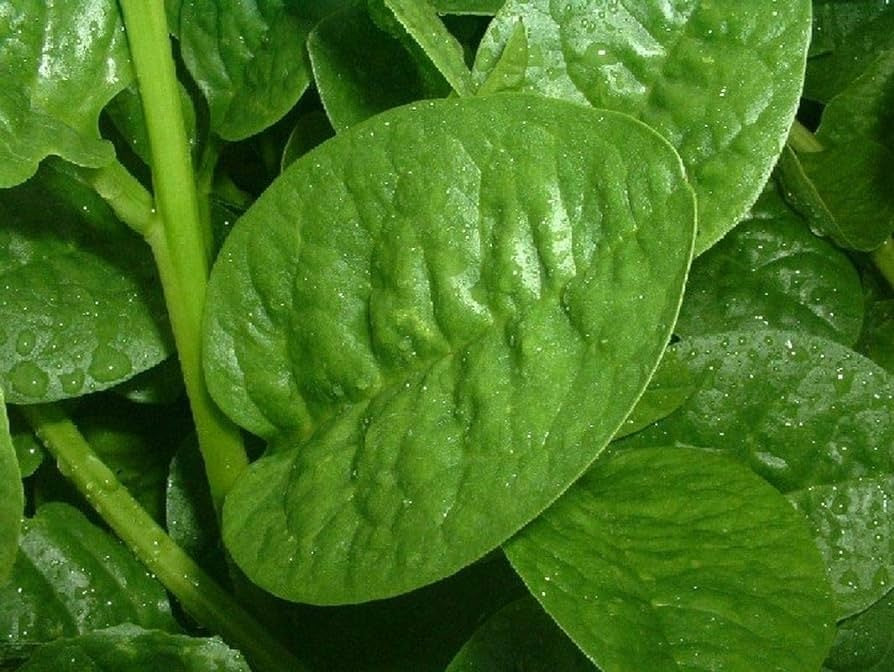
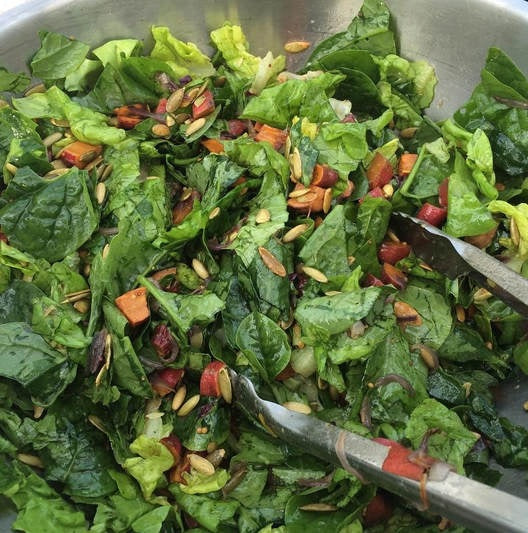
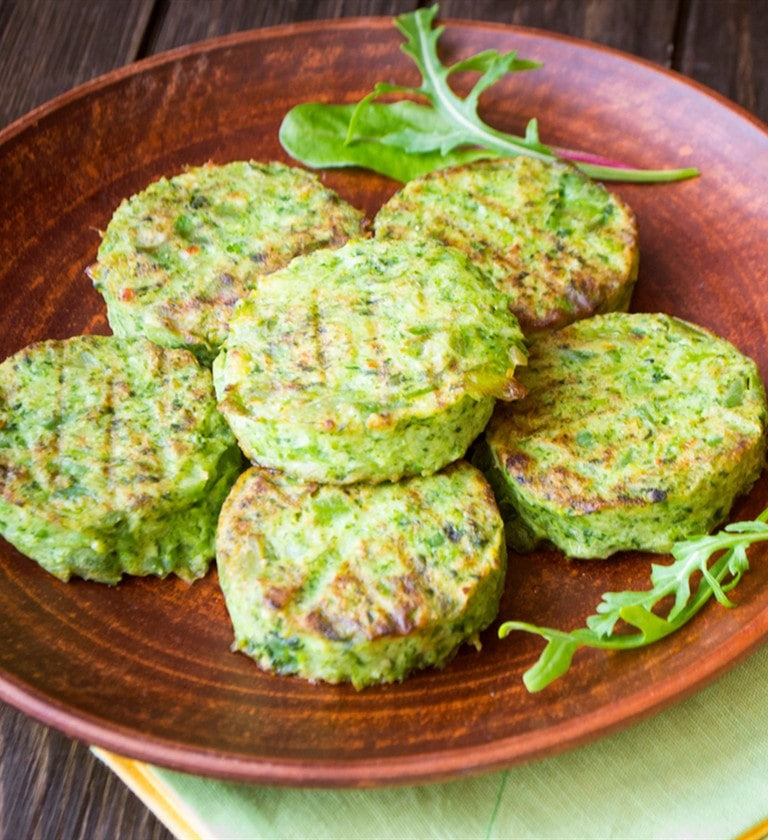
Malabar Spinach Green 15 -100 - 500 Seeds Vine Alugbati Mồng Tơi Nutrition packed Superfood!
Green Malabar Spinach, also known as Basella alba, is renowned for its lush, heart-shaped leaves and succulent taste, making it a favorite among gardeners and culinary enthusiasts alike.
Create a verdant oasis in your backyard or balcony. It's not just visually appealing; it's a nutritional powerhouse! rich in vitamins and minerals:
-
Vitamins:
- Vitamin A: Essential for vision, immune function, and skin health.
- Vitamin C: An antioxidant that supports the immune system, skin health, and helps the body absorb iron.
- Vitamin K: Important for blood clotting and bone health.
-
Minerals:
- Calcium: Crucial for bone health and plays a role in muscle function and nerve transmission.
- Iron: Essential for the formation of hemoglobin and oxygen transport in the blood.
- Magnesium: Involved in various biochemical processes, including muscle and nerve function, blood glucose control, and bone health.
- Phosphorus: Important for bone and teeth formation, kidney function, and energy metabolism.
- Potassium: Helps regulate blood pressure, fluid balance, and supports proper muscle and nerve function.
-
Other Nutrients:
- Fiber: Green Malabar Spinach is a good source of dietary fiber, which is important for digestive health and can contribute to satiety.
- Protein: While not as high in protein as some other sources, Malabar Spinach does provide some plant-based protein.
Here's a general idea of the approximate percentage of daily values for certain key nutrients found in 100 grams of cooked Malabar Spinach:
- Vitamin A: Approximately 47% of the daily recommended intake.
- Vitamin C: Around 50-60% of the daily recommended intake.
- Vitamin K: Approximately 140% of the daily recommended intake.
Mineral content can vary, but here's a rough estimate:
- Calcium: About 16% of the daily recommended intake.
- Iron: Approximately 30-40% of the daily recommended intake.
- Magnesium: Around 25% of the daily recommended intake.
- Phosphorus: About 10-15% of the daily recommended intake.
- Potassium: Approximately 15-20% of the daily recommended intake.
Choose options


